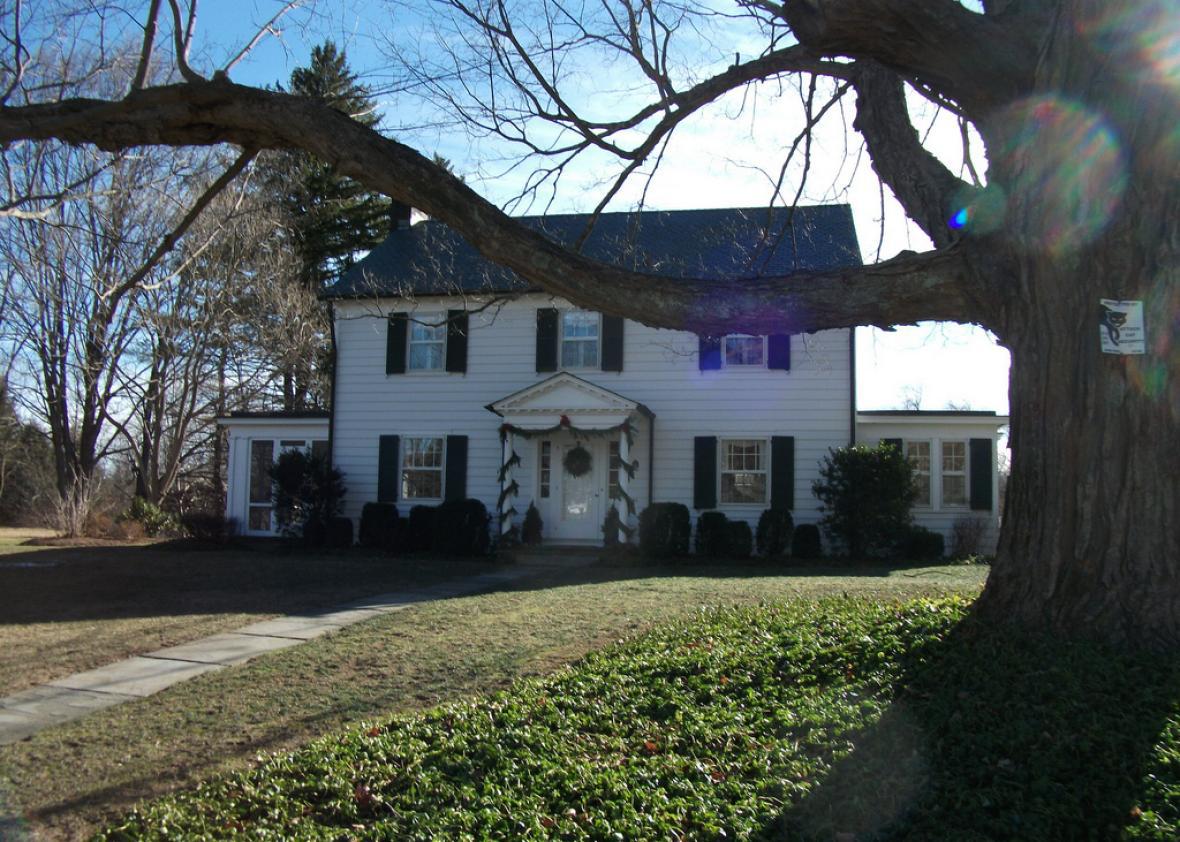For a certain type of conservative, one of the great outrages of the Obama era was an obscure 2015 rule from the Department of Housing and Urban Development called “Affirmatively Furthering Fair Housing.”
AFFH was more interesting than its name. It was the Obama administration’s attempt to battle neighborhood segregation, the inequities of which are the invisible foundation of American crises like the racial wealth gap and disparity in public education.
How will Donald Trump approach that legacy? There are rumors that Trump’s choice for HUD secretary might be Westchester County, New York, executive Rob Astorino, a Republican who has made his career fighting against integration in Westchester and would almost certainly undo HUD’s enhanced scrutiny of racial discrimination in housing.
When HUD put pressure on Westchester last year to build more affordable housing—and not just in Westchester’s poorest corners—Astorino said the agency was engaging in “social engineering.” What’s next, he asked: Is the federal government going to break up Chinatown?
The rhetorical question was disingenuous in the extreme. Westchester County, which has nearly 1 million residents, is bound by a 2009 consent decree to build a mere 750 units of affordable housing. Why? Because it was sued for accepting tens of millions in federal fair housing money while lying about existing barriers that kept its wealthy, white villages wealthy and white.
An early skirmish in this war was chronicled in HBO’s miniseries Show Me a Hero last year, which dramatized the fight over affordable housing in Yonkers, the county’s most populous city. Decades later, Westchester is still dragging its feet on removing, in the words of the New York Times, “barriers to fair housing that in many villages and towns function as invisible ‘Whites Only’ signs.” The laws that made that possible, from covenants and redlining to single-family zoning and acre-lots, constitute the real social engineering.
Astorino’s problems with HUD predate current Secretary Julián Castro’s AFFH rule, which holds local governments seeking federal funds to a higher standard. But if Trump wants to stop Obama’s push to desegregate the suburbs—and the then-candidate told Astorino he did, in June—then the Westchester leader would be the perfect choice.
Conservatives like to crow that AFFH allows the feds to rewrite local zoning laws and urbanize the suburbs. If only. In reality, the rule puts more pressure on jurisdictions to show results. As Emily Badger wrote last year, the rule will:
require cities and towns all over the country to scrutinize their housing patterns for racial bias and to publicly report, every three to five years, the results. Communities will also have to set goals, which will be tracked over time, for how they will further reduce segregation.
It’s hardly Agenda 21, the right-wing conspiracy theory about a United Nations plan to herd mankind into a handful of megalopolises. As Astorino’s steadfast resistance to court-ordered housing production demonstrates, it was hard for even the Obama administration to force counties to comply. Most find workarounds to cluster affordable housing in poor communities, reinforcing concentrations of poverty. (At CityLab, Kriston Capps has a good rundown on the fair housing achievements of the Obama administration, and to what extent they are at risk.)
Trump, of course, is no stranger to the Fair Housing Act, which HUD enforces through funding allocation and by working with the Department of Justice to bring suits against violators. One of those suits, in 1973, alleged that Trump Management Inc.—at which a young Donald was an apprentice to his father—violated the FHA by secretly marking minority applications with a “C” for “colored.”
“We settled the suit with zero, no admission of guilt. It was very easy to do,” Trump said during the first presidential debate.
Thanks to Trump’s HUD, tomorrow’s developers may find it even easier.
